Abu Warda: A Palestinian man serving 48 life terms completes 22 years in Israeli jails
By Maryam Qarehgozlou
Mohammed Attiya Abu Warda, alias Abu Hamza, a 48-year-old Palestinian resistance fighter with the al-Qassam Brigades, the military wing of the Hamas resistance movement, marked his 22nd year in Israeli prisons on Monday.
Israeli forces abducted the resistance fighter during the Al-Aqsa Intifada on November 4, 2002, and he subsequently received a sentence of 48 life terms.
He is the third-most heavily sentenced Palestinian prisoner in Israeli jails, surpassed only by Abdullah Barghouti and Ibrahim Hamed, while sharing the same sentence as Hassan Salameh.
Abdullah Barghouti, a Hamas resistance commander is serving 67 life terms, while Commander Ibrahim Hamed has been handed 54 life sentences.
Abu Warda’s release has become a crucial demand for the Palestinian resistance in negotiating prisoner exchanges, given the severity of his punishment.
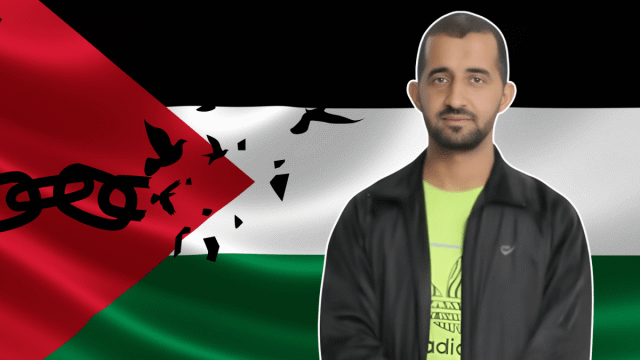
Who is Abu Warda?
Born on January 17, 1976, Abu Warda is a Palestinian refugee from the Al-Fawwar refugee camp in Dura, al-Khalil, in occupied Palestine.
His family came to al-Khalil from Iraq al-Manshiyya after being displaced during Nakba in 1948.
Abu Warda attended the Sharia school in al-Khalil before enrolling at Bethlehem University and Al-Quds University in Abu Dis, studying physics.
He later moved to the Dar Al-Mu’allimin College Faculty of Educational Sciences in Ramallah, occupied West Bank, for higher education.
Throughout his academic journey, Abu Warda simultaneously worked as a construction laborer, often using his earnings to support and finance student activities.
Abu Warda’s political activism began with the Fateh movement during the First Intifada (1987-93), leading to his first arrest by Israeli regime forces at the age of 15 in 1992.
“We grew up with the stones, the bullets of the army, and the slogans that my little hands wrote on the walls, wrapped in the scarf of the Palestinian Liberation Movement – Fateh – earning me the title of ‘the little Fateh sheikh,’” he wrote in a series of notes published in at Dunia al-Watan in 2016.
He was imprisoned for three months for throwing stones and empty bottles at the occupying regime soldiers stationed near his refugee camp.
After his release, he joined the Hamas movement and became increasingly dedicated to the armed resistance, eventually becoming a member of the al-Qassam Brigades.
In the wake of the Israeli assassination of Yahya Ayyash, the engineer of the al-Qassam Brigades, in 1996, Abu Warda played an instrumental role in planning and organizing several high-profile resistance operations conducted by Hamas’ armed wing.
Initially apprehended by the Palestinian Authority’s Preventive Security Force in the same year, established to pursue and suppress Palestinian resistance for the benefit of the Israeli regime, Abu Warda became a victim of “security coordination” between the PA and the Zionist regime.
Convicted by a PA court, Abu Warda received a sentence of life imprisonment with hard labor.
“I was convicted in a mock trial and sentenced to life imprisonment and hard labor, thus beginning a journey of suffering and pain in the heat of Jericho that continued for five and a half years, awaiting the day of freedom and salvation,” he wrote.
During the Al-Aqsa Intifada in 2002, he was moved to a PA prison in al-Khalil.
He was released in April 2002 during the invasion of al-Khalil and met his future wife Noura Burhan al-Ja’bari.
“Displacement, the bitterness of the Intifada of Stones, and imprisonment left me no room for love and marriage. However, after I left Jericho prison and came to the city of al-Khalil … the fate brought me a different breeze,” he said.
“The breeze of the woman I loved and who became my inevitable fate, and a life project that compensated for the bitterness and cruelty of the years of prison.
"The sight of her scattered aside the harshness of prison, awakening love in my desolate life and inspiring a song as joyous of that of a nightingale.”
However, he regretted, “this song was cut short” by the prison bars of the Palestinian Authority.
Living in disguise and avoiding public appearances, the newlywed couple could only spend two months together before separating to ensure Noura’s safety.
The couple welcomed their only child, Hamza, amid the constant threat of Abu Warda's capture or assassination by occupation forces.
“God blessed me with a child, whom I named Hamza, as an extension of me and her and the bringing of together two hearts that were united in that marriage for only a few short days,” he said with joy.
“My life on the run began with the invasion of the city of al-Khalil and continued for 3 months, filled with more suffering and harsh scenes until my final arrest in November 2002,” he added.
Abu Warda’s wife, Noura al-Ja’bari, an educator in al-Khalil, was also detained and imprisoned by occupation forces in 2012, enduring a grueling month-long interrogation that she describes as the most challenging period of her life as she was kept away from her son Hamza.
As a student, Noura actively participated in campus activities and continues to support Palestinian prisoners held in Israeli jails, advocating for their freedom and calling for an end to PA’s political imprisonment and security collaboration with the Israeli occupation.
Abu Warda has played a vital role in the prisoners’ movement throughout his imprisonment, leading and participating in multiple collective actions, including the 2012 Karameh hunger strike.
His unwavering commitment to resistance has made him a prominent figure among his fellow inmates.
Despite the efforts of the Palestinian resistance to secure his release, Israeli authorities refused to include Abu Warda and other long-term prisoners in the 2011 Wafa’ al-Ahrar prisoner exchange agreement.
“God’s decree of trial is for his beloved ones, and I pray to be among them and to help me to remain steadfast in His destiny, and to adhere to His religion and learn His book, and to patiently grow in the circles of knowledge that accompany me on my journey of suffering,” Abu Warda wrote in his notes.
5 Israeli forces killed as Palestinian fighters face up to regime’s war machine
VIDEO | Israeli settler killed during strike against Tel Aviv; fresh aggression targets Yemen’s capital
VIDEO | Yemen’s missile strikes on Tel Aviv
Iran to open 6 GW of new power capacity by next summer
VIDEO | South Korean rallies set the stage for battle over Yoon's impeachment
Hamas, other Palestinian groups say Gaza ceasefire deal ‘closer than ever’
VIDEO | Press TV's news headlines
Iran condemns ‘violent’ attack on Christmas market in Germany


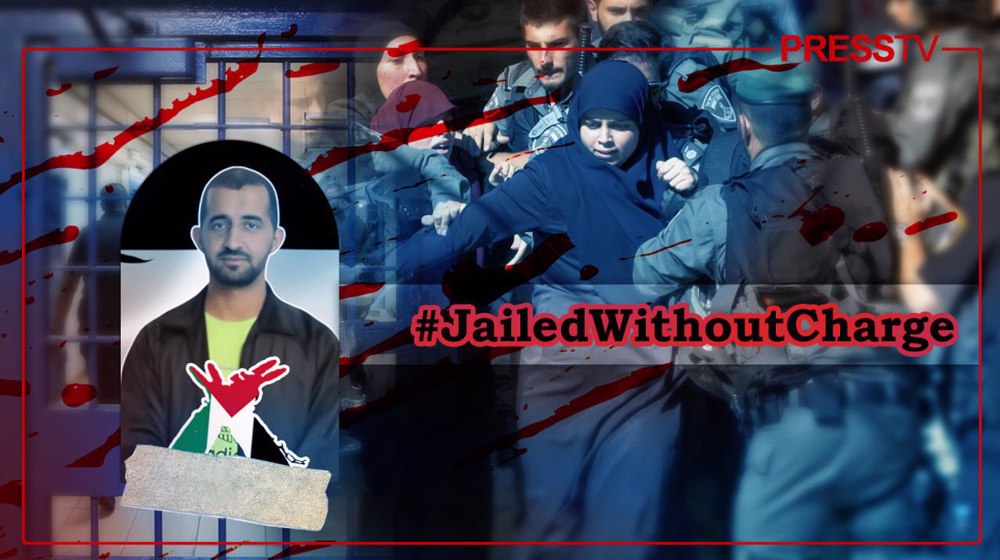
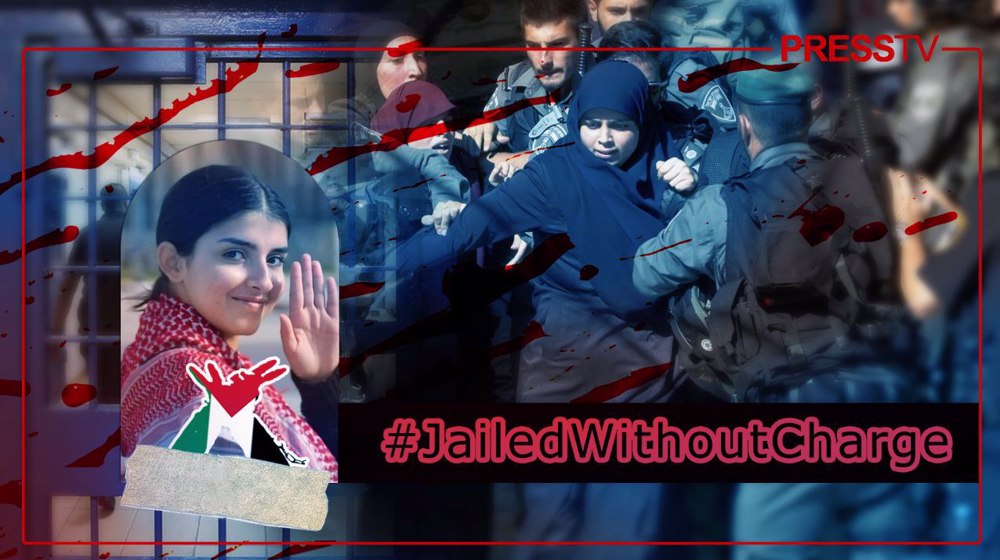
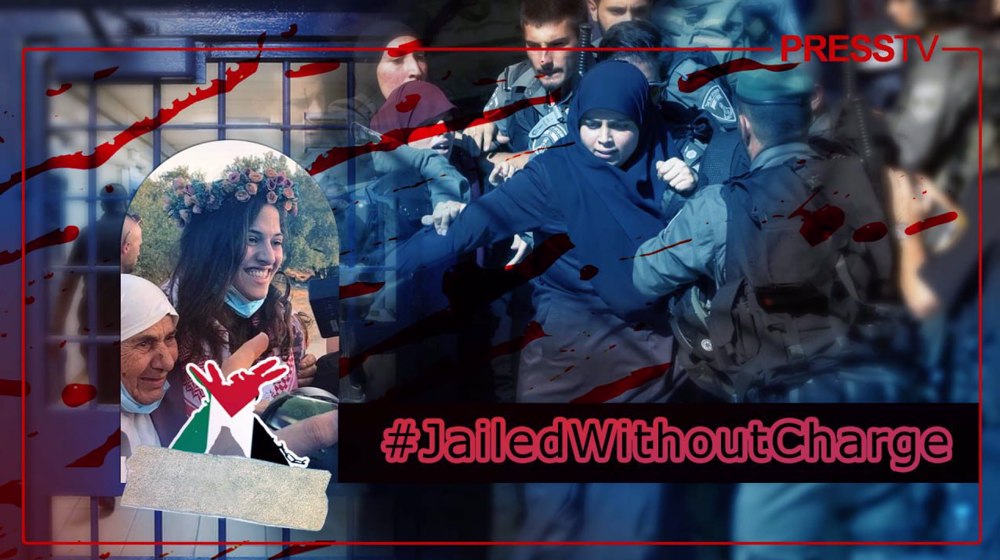
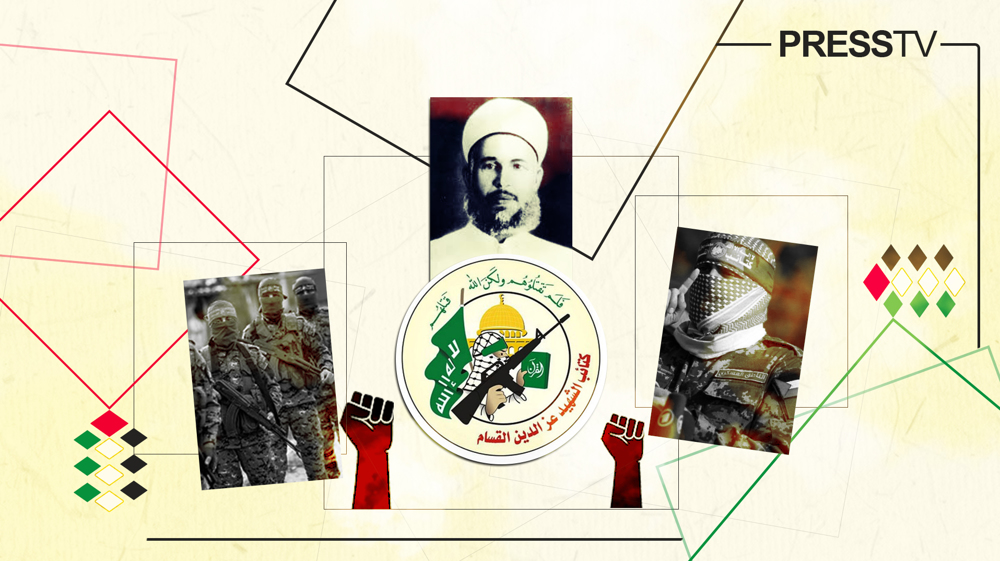
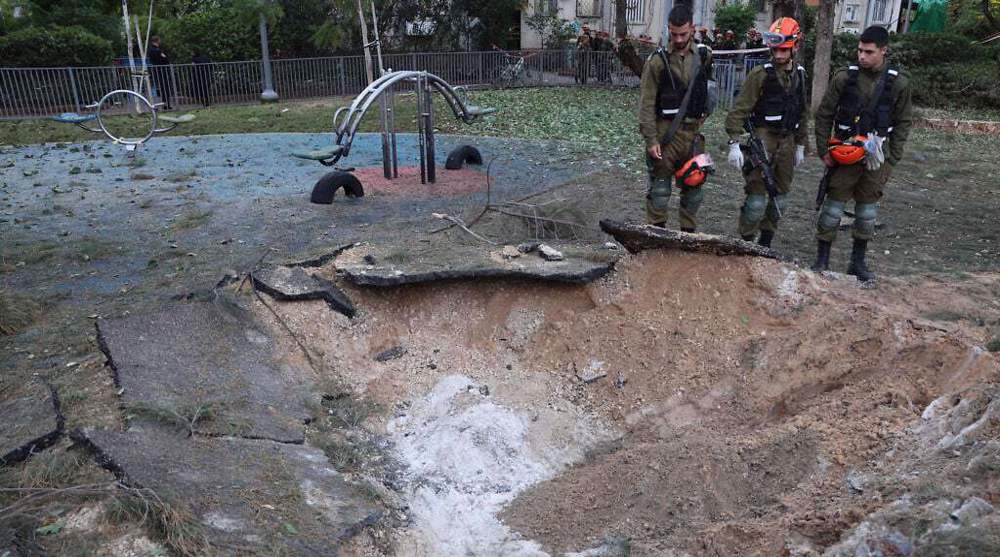
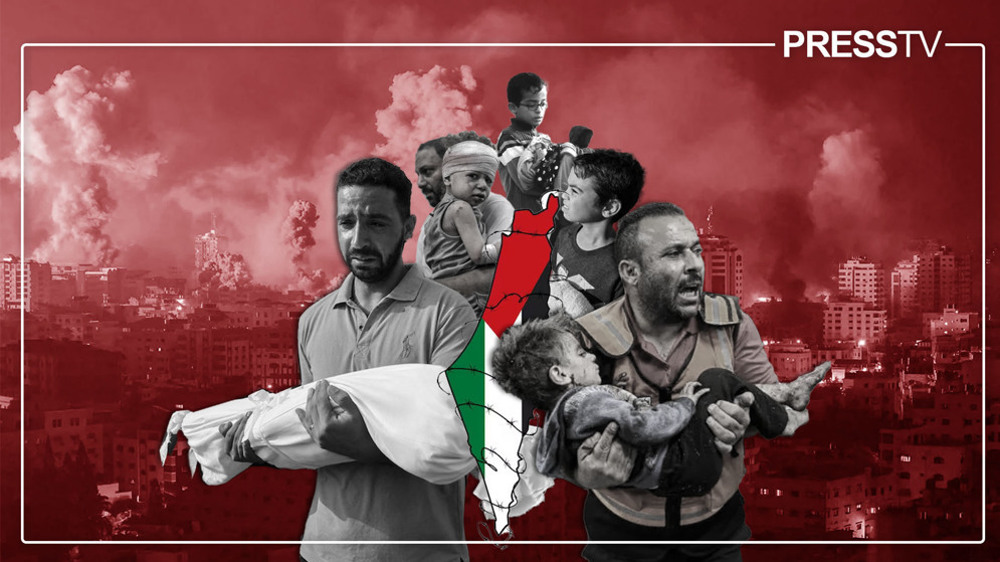



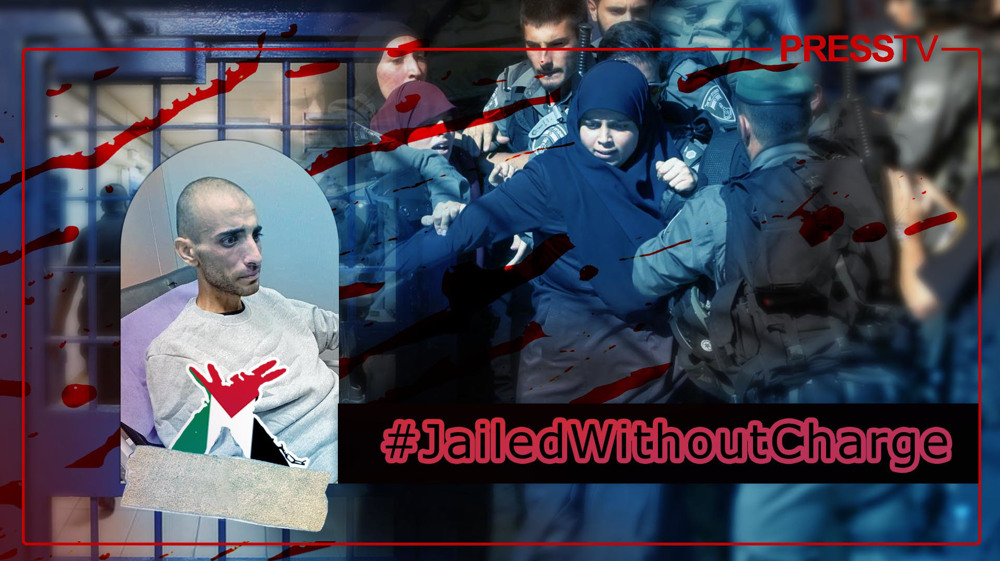
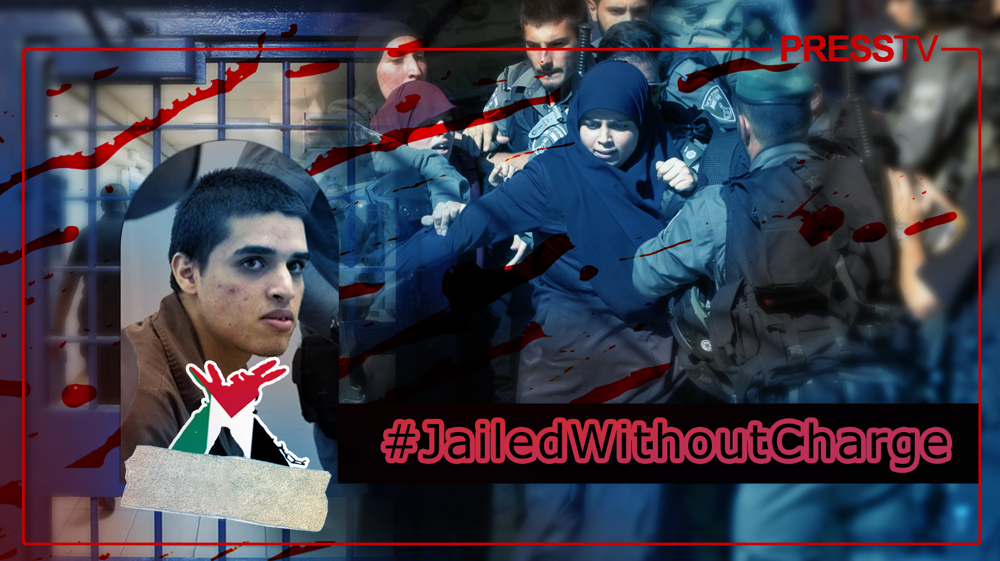
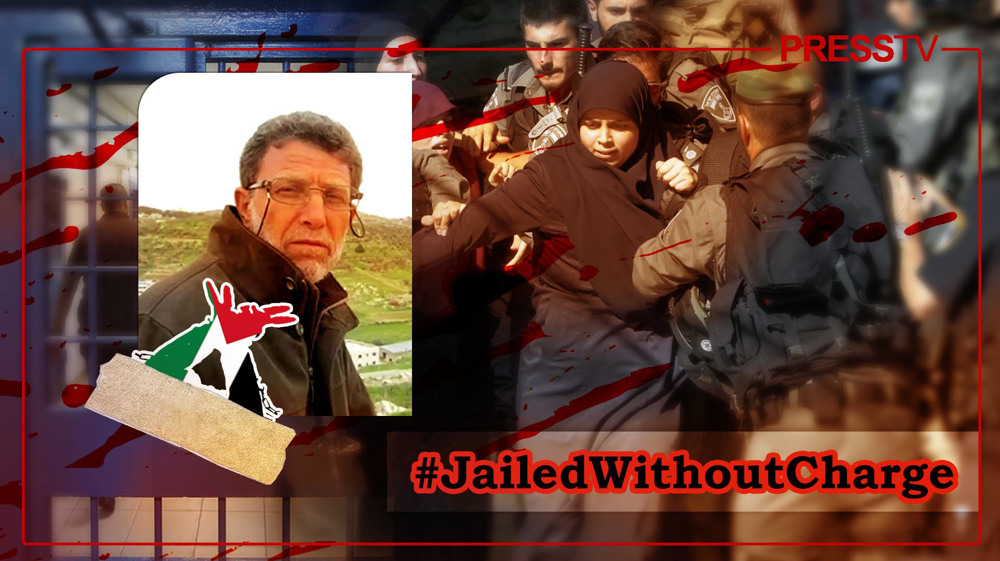

 This makes it easy to access the Press TV website
This makes it easy to access the Press TV website